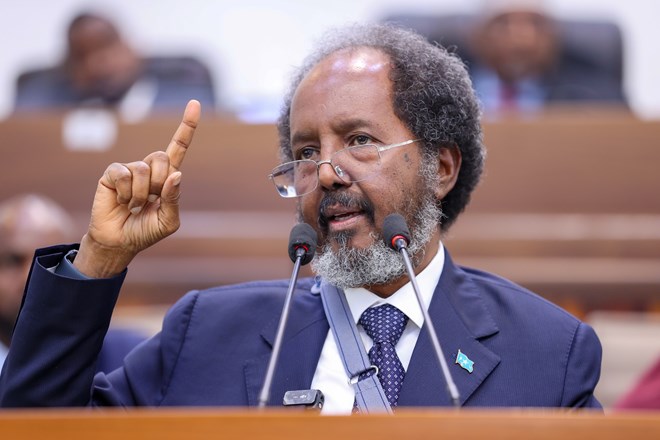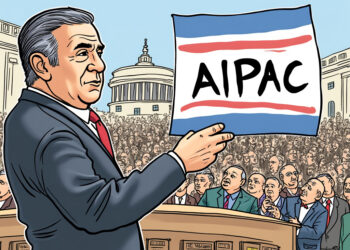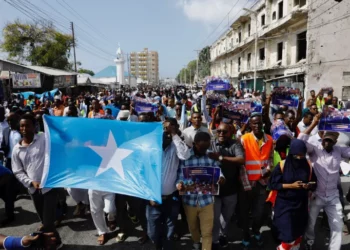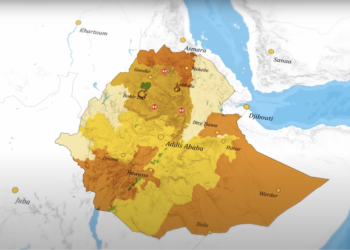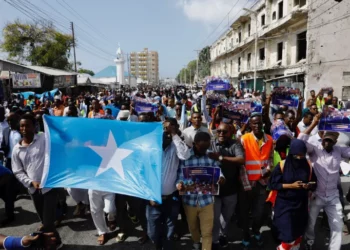By Todd Schoenberg
In a bold move to fortify national security and foster unity, the federal government of Somalia faces a crucial decision: transforming Egal International Airport into a municipal airport. This strategic alteration would route all flights bound for Hargeisa through Mogadishu, serving as a checkpoint against potentially harmful elements. Such a measure is not just about tightening security; it’s about sending a clear message of centralized governance and stability.
The federal government of Somalia should abolish Egal International Airport and convert it into a municipal airport, ensuring that all aircraft heading to Hargeisa pass through the capital to prevent unwelcome individuals. This will help insulate the country from upheaval and… pic.twitter.com/JRBUYjhLD0
— Todd Schoenberg (@ToddSchoenberg) January 17, 2024
Strong security measures are essential given Somalia’s turbulent history with both internal conflicts and foreign interference. The presence of warlords and external actors has often exacerbated the nation’s fragility. It’s time to stem these tides of instability. A centralized aviation system in Mogadishu could be a significant step towards ensuring that individuals and groups with separatist tendencies or those supporting the disintegration of Somalia are closely monitored.
Moreover, the presence of foreign non-governmental organizations (NGOs) and United Nations members advocating for the division of Somalia requires scrutiny. The federal government should consider the relocation of their offices from Hargeisa and Garowe to Mogadishu. This move would centralize diplomatic and humanitarian efforts, strengthening oversight and coordination.
The federal government’s approach towards international representations is also crucial. Countries such as Kenya, Ethiopia, the United Arab Emirates, the United Kingdom, and Denmark have established consular offices in Garowe and Hargeisa. These establishments, often perceived as fully-fledged embassies, could inadvertently lend credence to separatist sentiments. It’s imperative that these offices be either restructured or closed to avoid any misinterpretation of their role and presence.
Redirecting development funds is another area where the federal government can assert its commitment to national unity. The northwestern region of Somalia, often operating under the self-declared independence of ‘Somaliland,’ should not be the sole focus of developmental aid. The federal government ought to reconsider its financial support to this region, ensuring that it aligns with the broader goal of national integration. Funding should be channelled through private NGOs that champion a united Somali identity, foster a sense of nationalism, and work towards the collective good of all Somalis.
In conclusion, these proposed measures are not merely administrative changes but are symbolic of a larger vision for Somalia—a vision of unity, security, and progress. The federal government’s actions in the coming days will be pivotal in shaping a Somalia that is secure, unified, and prosperous.

